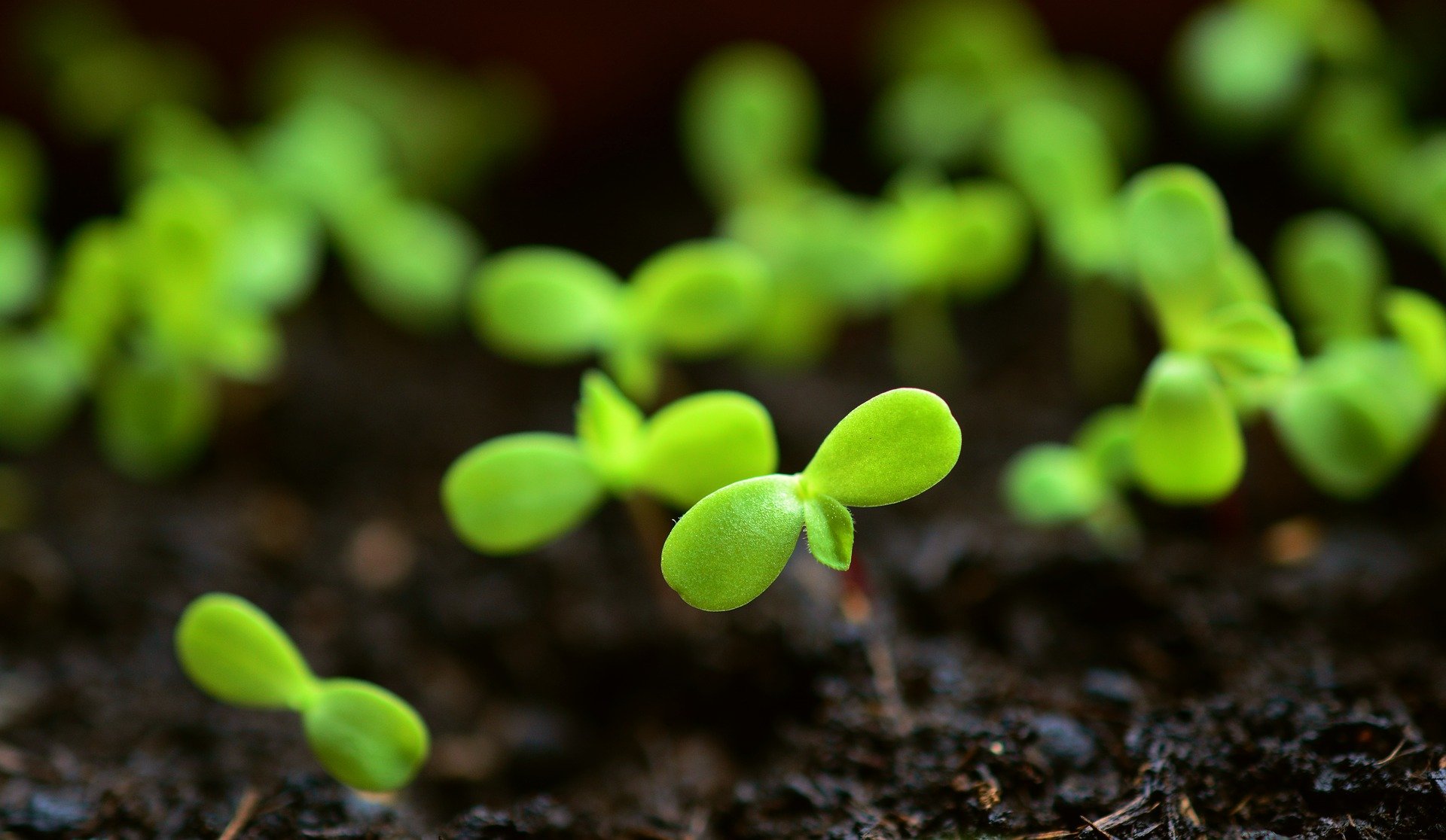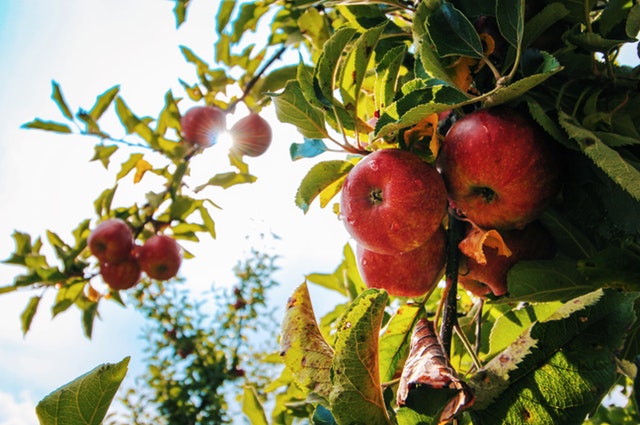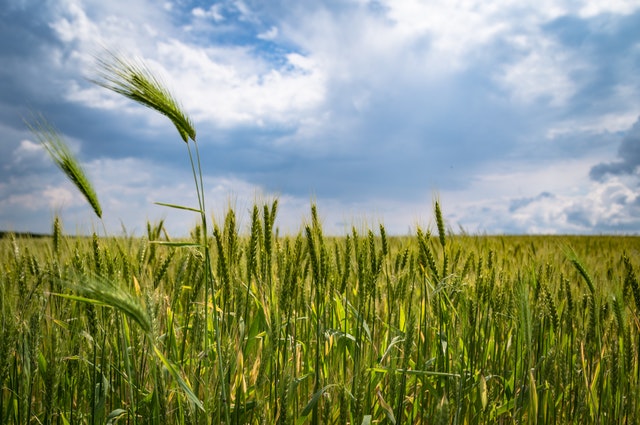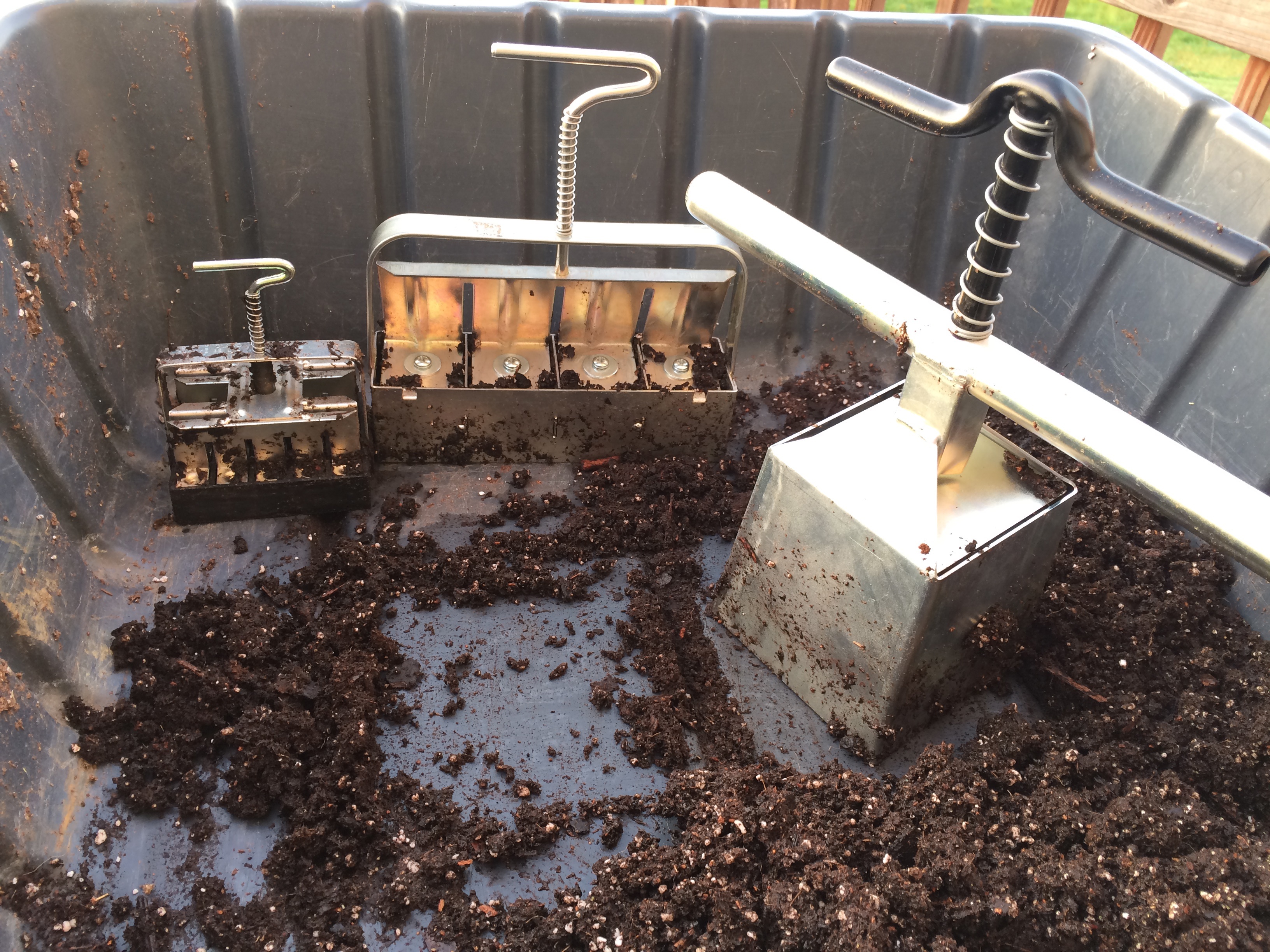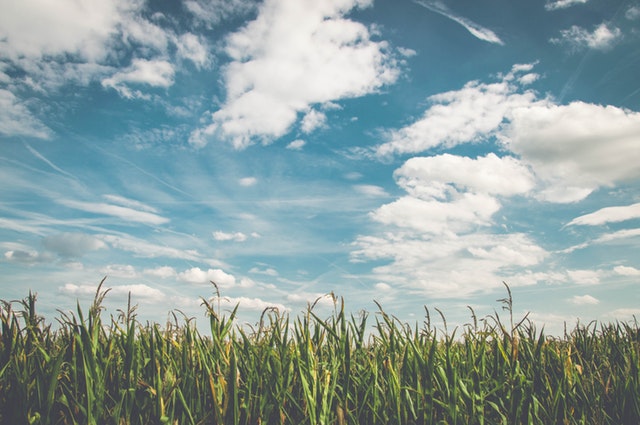Last year was one of the wettest years on record. What that means is that the amount of disease pressure was at alarmingly high levels for longer periods of time than we would typically have to deal with. One of the most common complaints we heard about here at Fertrell was the diseases and how bad they were and how we could help contain the issue. A fair amount of what we were dealing with were the soil borne diseases. To which there are several types that can be substantial damage to both yield and quality. Nearly all of these can make or break a produce growers season if let unchecked. There are different types of soil borne diseases and I want to familiarize you with them and how we at Fertrell can help deal with them.
Fertrell Blog
Growing peaches in the Northeast organically has presented a challenge to orchardists for years. Peaches, in my opinion, are the perfect example of what it means to farm organically. It is all about preventing a problem rather than reacting to one when it arrives. The trouble with growing peaches is that typically by the time you see an issue, it is already too late to fix it. Here at Fertrell we realize the hardships that growers are having with not just peaches but apples, stone fruits, and grapes as well and we’ve worked hard to figure out a complete program to give the farmer’s a fighting chance to produce these commodities organically.
Healthy crop growth depends on the right balance of nutrients in soil. Soil needs macronutrients - nitrogen, phosphorus, potassium, sulfur, calcium, and magnesium - but they are only one piece of the puzzle. Just as important are micronutrients, such as iron, copper, zinc - and boron. It may be hard to imagine a nutrient found in such small quantity could be so impactful, however it is vital to many plant functions.
What’s the # 1 way to build your soil?
Soil blocking is a method of starting and transplanting seedlings that minimizes root system disturbance. Soil blocks are made by compressing soil into small cubes that are able to hold together without any sort of container. Seeds can be started in small blocks then easily inserted into progressively larger blocks until they are ready to go directly into the ground.
This year was a stressful year for crops. Between high temperatures and a lot of rain, we saw an increase in the number of farmers calling us for help. Here are some general suggestions.
Organic tobacco is one of an organic farm's most valuable cash crops per acre. While it can take a lot of time and effort to grow organic tobacco successfully, we are here to help make it a little easier. In order to do this, we created an Organic Tobacco Program. This program will help fertilize your organic tobacco crops as well as provide them with disease and insect control.
About this Blog
The Fertrell Company blog is for farmers, backyard gardeners, and homesteaders alike. Learn from the experts on all things natural and organic for both soil and livestock.
Subscribe to Email Updates
Recent Posts
Posts by Topic
- Soils (18)
- Agronomy (13)
- Cows (13)
- Poultry (12)
- Dairy (8)
- Plant (7)
- Feed (5)
- plants (5)
- Herd (4)
- Mycotoxins (4)
- Vegetables (4)
- laying hens (4)
- soil testing (4)
- Forage (3)
- essential trace mineral (3)
- soil (3)
- swine (3)
- winter (3)
- Aragonite (2)
- Chickens as pets (2)
- Grazing (2)
- Testing (2)
- Turkeys (2)
- fertrell liquid #3 (2)
- grazing livestock (2)
- livestock (2)
- produce (2)
- smallscalegarden (2)
- soil test (2)
- start a garden (2)
- Berry Mix (1)
- Blue N 5-1-1 (1)
- Catch It (1)
- Dr. Paul (1)
- Fertrell Blue N 5-1-1 (1)
- Fertrell Super K 3-4-7 (1)
- Fertrell's Grazier’s Choice (1)
- Fertrell’s Liquid 3-4-3 (1)
- Fish emulsion (1)
- Graziers Choice (1)
- Grazing Season (1)
- Herbal Supplement Powder (1)
- Holly Care (1)
- Hoof Boost (1)
- Hoof Health (1)
- Horse Nutri-Balancer (1)
- Kelp conditioner (1)
- Lawn (1)
- Parasite Pressure Prevention (1)
- Preferred Calcium Source (1)
- RC GOLD (1)
- Water (1)
- baby chicks (1)
- backyard poultry (1)
- benefits of eggs (1)
- broilers (1)
- buying chicks (1)
- chickens (1)
- cold frame (1)
- copper (1)
- cover crops (1)
- dr.paul aloe pellets (1)
- early blight (1)
- fertrell high sulfur mineral (1)
- fertrell’s super k 3-4-7 (1)
- fertrell’s super n 4-2-4 (1)
- foliar feeding (1)
- free-choice (1)
- fungi (1)
- garden (1)
- garlic (1)
- hops (1)
- jet ag (1)
- kelp (1)
- kelp meal (1)
- late blight (1)
- liquid fertilization (1)
- loosing feathers (1)
- microbes (1)
- minerals (1)
- molt (1)
- molting (1)
- molting chicken (1)
- orchards (1)
- oxidate (1)
- pasture season (1)
- pigs (1)
- planting garlic (1)
- regalia (1)
- seed soak (1)
- seed starting (1)
- sow (1)
- stargus (1)
- straw-bale (1)
- strawbale (1)
- strawbale garden (1)
- sulfur (1)
- tissue testing (1)
